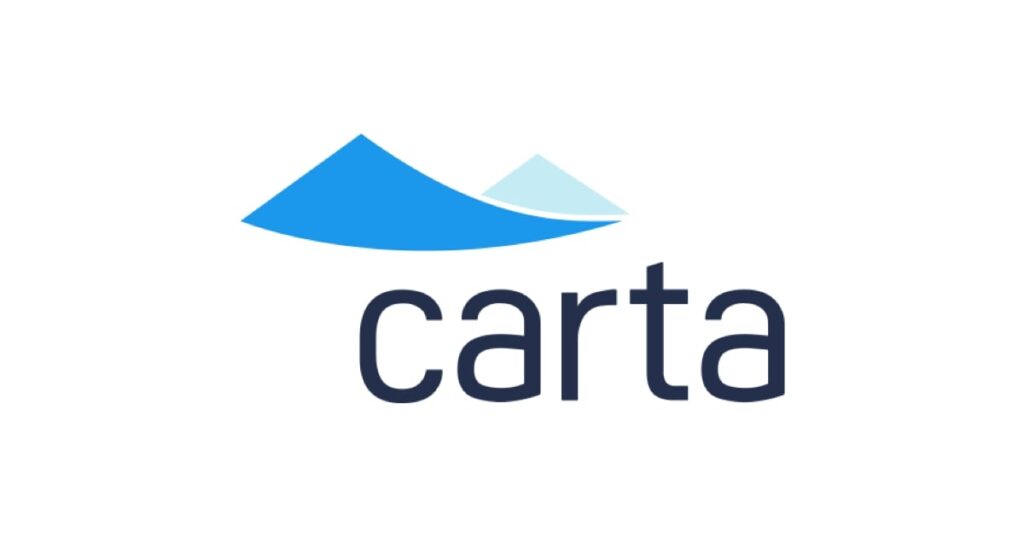Drone Startup Shield AI Valued at $2.5 Billion in New Funding Round
In a groundbreaking development for the autonomous drone technology sector, Shield AI, a startup specializing in military applications, is set to raise an impressive $150 million in funding.

Sources familiar with the discussions have revealed that this latest round of financing will value the company at an impressive $2.5 billion. While Shield AI has not officially commented on this news, it marks a significant milestone in the company’s journey.
Shield AI is renowned for its innovative software, Hivemind, which essentially acts as a self-driving pilot for aircraft without the reliance on communications or GPS. This unique technology enables drones to operate seamlessly in situations where interference from enemy forces could otherwise disrupt navigation. Such capabilities have garnered Shield AI multiple contracts with the US military, solidifying its position as a key player in the defense technology landscape.
Notably, earlier this year, Shield AI made headlines by announcing a strategic partnership with aerospace giant Boeing Co. The collaboration aims to expedite the integration of Shield AI’s autonomous aircraft software into military applications, underscoring the growing importance of autonomous systems in modern warfare.
Shield AI’s journey began in 2015, when it was founded by Ryan Tseng and his brother, Brandon Tseng, a former Navy SEAL who now serves as the company’s president. Alongside them, Andrew Reiter, a technical fellow at the company, contributed to the development of their groundbreaking technology. Shield AI quickly emerged as a star in the defense technology sector, attracting significant attention and venture capital investments.
The startup’s impressive growth trajectory has been supported by several high-profile investors, including Andreessen Horowitz, Point72 Ventures, and Snowpoint Ventures. These investments have not only fueled Shield AI’s research and development efforts but have also positioned the company as a leader in autonomous drone technology.
Also Read: T-Mobile to Buy Up to $3.3 Billion of Airwaves From Comcast
The $2.5 billion valuation is a testament to Shield AI’s dedication to pushing the boundaries of autonomous technology. It reflects the growing recognition of the strategic importance of such innovations in modern defense and security operations. As conflicts evolve, autonomous drones like those developed by Shield AI are becoming essential tools for gathering critical intelligence and executing missions while minimizing risks to human personnel.
In conclusion, Shield AI’s latest funding round signifies a major milestone in the development of autonomous drone technology for military applications. With a valuation of $2.5 billion, the company is poised to continue driving innovation in the defense technology sector, ensuring that cutting-edge autonomous systems become an integral part of the modern military arsenal. The partnership with Boeing and continued support from investors further solidify Shield AI’s position as a frontrunner in this rapidly evolving field.







